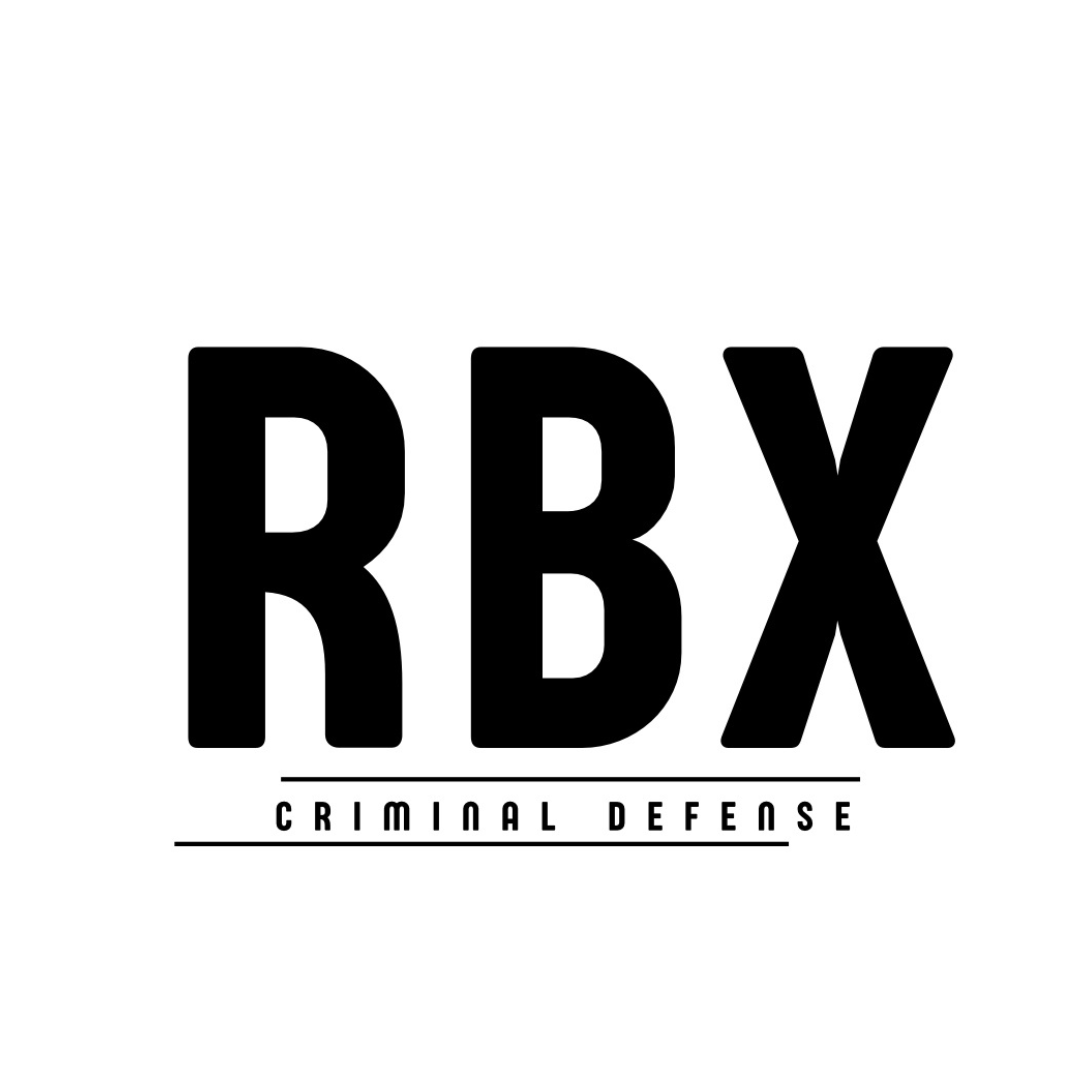Penal Code section 1538.5 authorizes suppression of evidence in DUI cases. It also authorizes return of property seized by law enforcement. It is a means to contest a search conducted with or without a warrant. The court will order the suppression or return of items if the prosecution cannot justify the search and seizure. The court usually excludes suppressed evidence from being used at trial or hearing.
In a DUI case, a judge could suppress the following evidence:
- A blood or breath sample
- Observations of law enforcement made after an illegal stop or detention
Legal Standard for Suppression of Evidence
Searches with Warrants
Warranted searches are presumptively reasonable. The defendant can attack the validity of the warrant by proving that there are false facts in the affidavit1 for the warrant. The false facts must be material. Material means that without the false facts, the judge would not have issued the warrant. The defendant must also prove that law enforcement knew that the facts were false.
The defendant can also attack the validity of the warrant by proving that the facts in the warrant affidavit did not establish probable cause for a warrant.
Warrantless Searches
Once the defendant establishes that there was no warrant for the search, the burden shifts to the prosecution to justify the warrantless search. There are numerous exceptions to the warrant requirement. The two exceptions that are most applicable to DUI cases are discussed below.
Vehicle stops and DUI investigations
To stop a vehicle, officers must have reasonable suspicion to believe the defendant violated the vehicle code or some other law. Officers also need reasonable suspicion in order to detain a driver for a DUI investigation. Reasonable suspicion is an objective standard based on all the facts available to the officer at the moment of the stop. The test is whether those facts would warrant an officer of reasonable caution to believe that the action taken was appropriate.
DUI arrest
To arrest a defendant for DUI, officers must have probable cause to believe the defendant is driving under the influence of alcohol. Like reasonable suspicion, probable cause is an objective standard. The test is whether a reasonable officer, based on all the facts known to them, would believe the defendant is guilty of driving under the influence.
Procedure
The defense must file a motion that complies with the California Rules of Court and Penal Code section 1538.5. Requirements include a notice of motion, a motion, a memorandum, and a proof of service. The motion must:
- Identify the specific items to be suppressed
- State that the search was unreasonable because law enforcement did not have a warrant
- State that the defendant had a reasonable expectation or privacy in the item searched
The defendant must tell the prosecutor about the motion at least 10 days before the hearing date or 5 days before a preliminary hearing.
Fruit of the Poison Tree
The “fruit of the poison tree” rule provides that evidence that is the indirect product of an unlawful search is subject to suppression. For the rule to apply, the defense must show that the evidence is tainted by the initial illegal search. This requires a showing that there is a causal connection between the illegal search and the evidence.
If the Court Orders the Suppression of Evidence
When the judge grants the defendant’s motion to suppress, the suppressed evidence is usually inadmissible against the defendant. However, there are a few exceptions when suppressed evidence is admissible:
- To impeach the defendant
- In a different case
- In a motion to reinstate the complaint by the prosecutor2
- On certain appeals by the prosecutor3
If the Court Does Not Order Suppression of Evidence
When the judge denies the motion, the prosecution may use the evidence in a trial or hearing. One disadvantage of losing the suppression motion is that the prosecution could revoke their prior offer to resolve the case.
The defendant can challenge denial of a motion to suppress by appeal in misdemeanor cases. If the suppression hearing occurred within 45 days of the arraignment, the defense can challenge a denial of the motion by writ. On felonies cases, the defendant can challenge denial of the motion by a motion to dismiss under Penal Code section 995 or a special hearing under Penal Code section 1538.5(i).
An attorney can help you file a motion to suppress evidence. Contact RBX Law for a free consultation.
- An affidavit is a declaration by law enforcement made for the purpose of securing a warrant ↩︎
- Penal Code 871.5 ↩︎
- Penal Code 1238; Penal Code 1466 ↩︎

